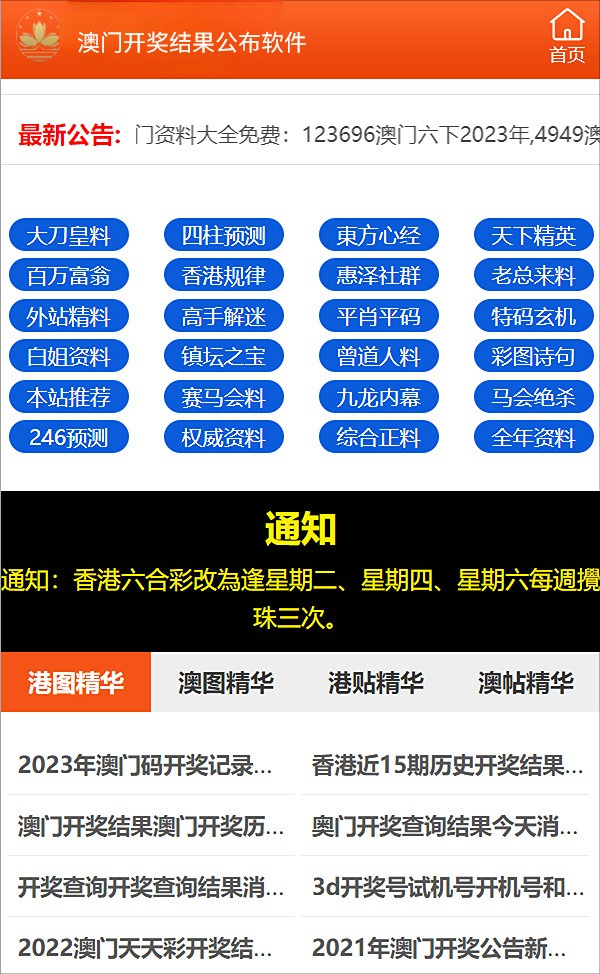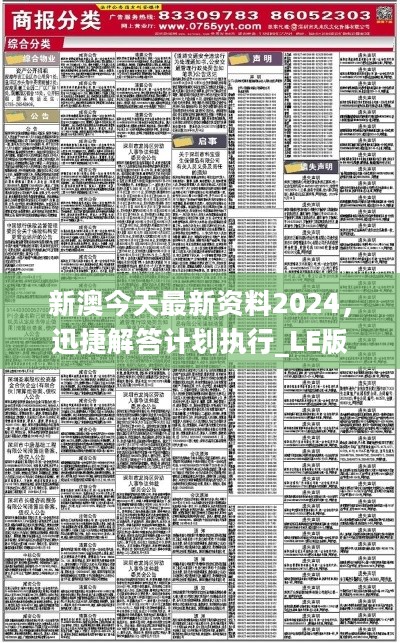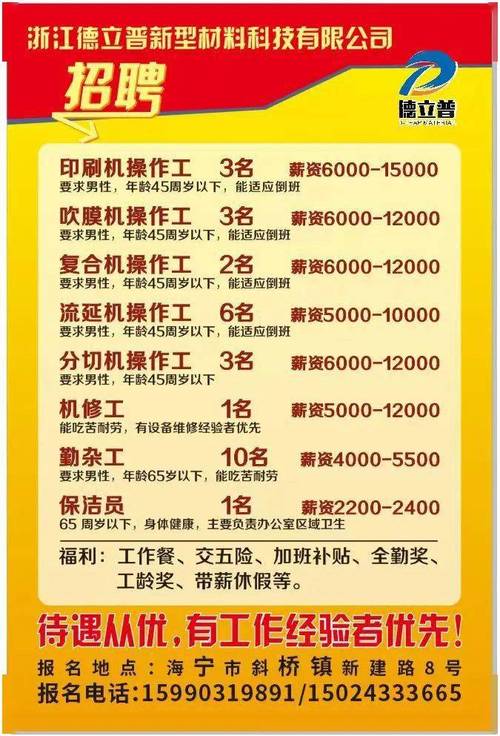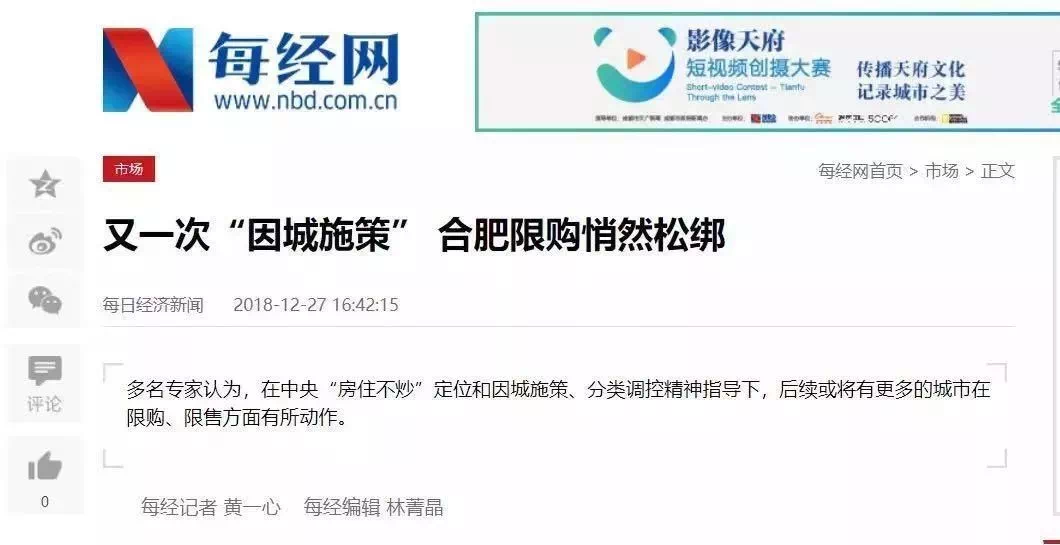Introduction to New Zealand's Latest Free Resources
Welcome to this comprehensive guide on the latest free materials available from New Zealand. In today's fast-paced business environment, it's crucial for businesses to stay updated with the latest resources that can enhance their operations and provide a competitive edge. This article will explore the current offerings of free materials specifically tailored for businesses in New Zealand. We will delve into how these resources can be reliably executed within your organization to maximize their potential.
Types of Free Business Materials Available
New Zealand offers a diverse range of free business materials to support local entrepreneurs and organizations. These include:
- Market Research Reports: Detailed analyses of industry trends and consumer behavior are essential for strategic planning. Many government agencies and non-profit organizations publish reports that can be freely accessed by the public.
- Online Training Modules: For skills development, there are numerous online courses provided by educational institutions or companies looking to upskill the workforce.
- Legal Templates and Contracts: Comprehensive templates for different types of legal agreements help businesses save on hiring a lawyer for every minor legal matter.
- Digital Marketing Tools: Some platforms offer limited access or basic features for free, allowing businesses to experiment with various digital marketing methods before committing to paid plans.
- Financial Forecasting Software: Basic financial forecasting tools can assist small businesses in budgeting and planning their financial strategies.
Selecting the Right Materials for Your Business
Choosing the right materials depends on your specific business needs. Here are some steps to follow:
1. Identify Business Needs: What gaps need to be filled in terms of knowledge, skills, or resources? Understanding the areas where you lack resources is key.
2. Conduct an Online Search: Numerous websites cater to providing free business materials. A simple search using pertinent keywords related to your business requirements can yield results.
3. Assess Quality and Reliability: Not all free resources are created equal. Assess the credibility of the source offering the material.
4. Read User Reviews: Feedback from other users can provide insight into whether the materials are helpful and relevant.
5. Consider Cultural Relevance: Ensure that the materials align with the culture and regulations of New Zealand's business environment.
Reliable Execution Techniques
Implementing the free materials effectively is crucial to ensure they benefit your business. Below are some reliable execution techniques:
1. Create a Strategy: Develop a plan that aligns the use of these materials with your business goals.
2. Integrate into Workflow: Seamlessly incorporate these new materials into existing business processes to leverage them effectively.
3. Set Clear Goals: Define tangible outcomes that should be achieved through the use of these materials.
4. Provide Training: If necessary, conduct training sessions to familiarize staff with the tools and resources being introduced.
5. Monitor Progress: Regularly review the utilization and impact of these materials on your business to adjust your approach accordingly.
Examples of Successful Implementation
Companies in New Zealand have benefited from implementing free business materials creatively. How they did this:
- Agricultural Startup: A startup in the agricultural sector used market research reports to identify niche opportunities and tailored their products accordingly.
- Educational Institution: An institution offered free online courses to its students, boosting their employability and reducing dropout rates.
- Small Retail Business: They utilized free digital marketing tools to reach a wider audience virtually without significant expenditure.
Conclusion
The availability of free business materials in New Zealand provides a valuable resource for businesses looking to improve their operations and compete more effectively. It's all about identifying the right materials for your specific needs, selecting reputable sources, integrating them meaningfully into your business, and monitoring the results to continuously refine your approach. By embracing these practices, you would not only utilize available resources efficiently but also set your business on a path of continuous growth and innovation.












 京公网安备11000000000001号
京公网安备11000000000001号 京ICP备11000001号
京ICP备11000001号